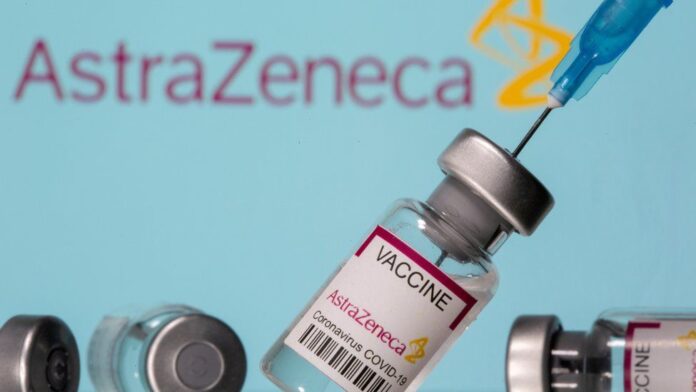Live updates here as the European Medical Agency and Medicines and Healthcare products Regulatory Agency (MHRA) and the Joint Committee for Vaccination and Immunisation (JCVI) give an update on the Astra Zeneca vaccine.
People between the ages of 18-29 with no underlying health conditions in the Uk are to be offered an alternative to the Astra Zeneca vaccine due to the risk of blood clotting.
Those who have had their first dose of the Astra Zeneca vaccine should have the second.
There should be none or very negligable effect on the vaccine roll out programme and the JCVI is not advising a stop to any vaccine to any age group.
In a press conference, led by the deputy Chief Medical Officer Professor Jonathan Van-Tam and Dr June Raine, Chief Executive of the MHRA, they said that no effective medicine is “without risk”.
“Very rare effects” are only detected when a jab is used on a wide-range of people, that is why these side-effects are now cropping up said Dr June Raine.
A link between rare blood clots and the vaccine are a “strong possibility” she continued but more work needs to be done to “establish beyond all doubt” the jab has caused these side effects.
The risk of the blood clot is four in a million she added reporting that 79 people have reported the symptoms and 19 people have died.Of these, 51 people were women and 28 were men.
The benefits for older people of taking the vaccine are great, but it is “more finely balanced” for younger people she said.,
Earlier,The European Medicines Agency’s safety committee has concluded that “unusual blood clots with low blood platelets should be listed as very rare side effects” of the Astra Zeneca vaccine but they are continuing to say that vaccine benefits outweigh risk.
In a press conference this afternoon they said that “The benefits of the vaccine continue to outweigh the risks for people who receive it. The vaccine is effective at preventing COVID-19 and reducing hospitalisations and deaths.”
They say that a plausible explanation of blood clots is an “immune response to the vaccine” similar to heparin, and women under 60 are seen to be at highest risk.
Patients will be advised to seek medical attention if they develop certain symptoms after having the jab.
Earlier Professor Sir Kent Woods, the former chief of the MHRA between 2004 and 2013, has said that determining whether there is a potential link between the Oxford/AstraZeneca vaccine and the extremely rare type of cerebral blood clots is “at the limits of what is detectable”.
“I think this possible association between the vaccine and these clotting events as being at the limits of what is detectable by the methods that we have. We’re talking about a small number of cases emerging in many millions of vaccinated individuals, which is an extremely low incidence rate,” he told BBC Radio 4’s World at One.
“We don’t know with precision how common these events are outside vaccination. In other words, it still remains possible that this is a chance association. And then, of course, coronavirus infection itself does very considerably increase the risk of blood clotting events.”







